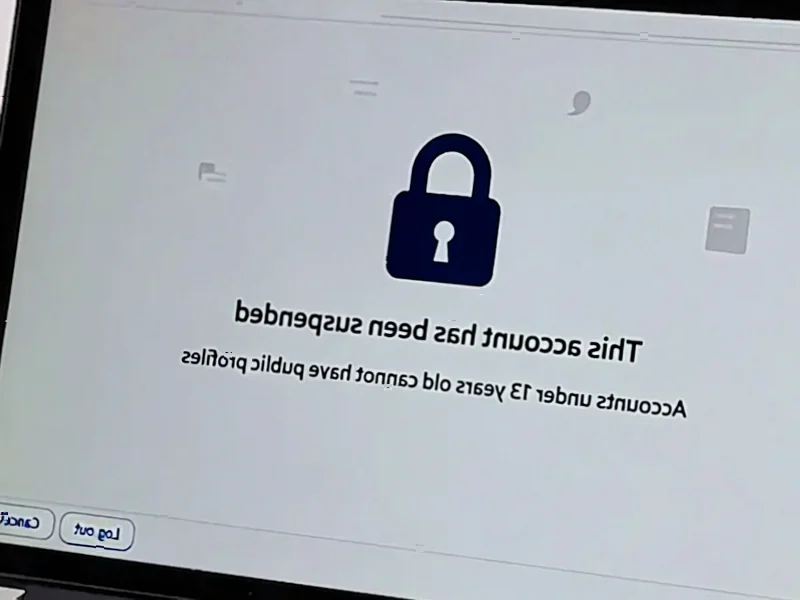According to TheRegister.com, Australian police arrested 55 individuals last week in the latest phase of Operation Ironside, seizing assets worth AUD$25.8 million ($17 million) including Harley Davidson motorcycles. This follows an October High Court ruling that validated the legality of the AN0M sting operation, where law enforcement distributed backdoored secure messaging devices to criminals starting in 2018. The FBI and Australian Federal Police created AN0M as a replacement after taking down Phantom Secure, charging users subscription fees while secretly monitoring all communications. With Australia’s highest court determining AN0M was legal because it operated as a closed system rather than using telecom networks, authorities have now conducted what South Australia Police describes as the “third tranche” of arrests connected to the operation. This legal validation opens new possibilities for law enforcement surveillance tactics.
The Legal Precedent That Changes Everything
The High Court’s ruling establishes a critical distinction between traditional telecommunications interception and controlled platform surveillance. By classifying AN0M as a “closed system,” the court essentially created a legal framework where law enforcement can operate entire communication networks without triggering traditional wiretapping protections. This distinction matters because it allows authorities to bypass the stringent requirements typically associated with electronic surveillance warrants. The precedent suggests that if law enforcement controls the entire infrastructure—from device distribution to network operation—they may operate under different legal standards than when monitoring existing commercial communication services.
The Encryption Market’s Trust Crisis
This operation creates immediate trust issues for legitimate secure communication providers. When law enforcement can successfully infiltrate the criminal communications market by creating their own services, it raises questions about how users can verify the integrity of any encrypted platform. Legitimate providers like Signal, Telegram, and WhatsApp now face increased scrutiny from privacy-conscious users who may question whether any service could be a law enforcement operation. The commercial impact could be significant—users seeking absolute privacy may gravitate toward open-source, auditable solutions rather than proprietary platforms, regardless of their actual security credentials. This case demonstrates that the mere perception of potential compromise can damage market position in the security sector.
Law Enforcement’s New Playbook
Operation Ironside represents a fundamental shift in how law enforcement approaches encrypted communications. Rather than trying to break encryption or force backdoors into existing services—approaches that have faced significant technical and legal challenges—agencies are now creating complete alternative ecosystems. The FBI and AFP didn’t just monitor communications; they built an entire business model, complete with subscription fees and customer support, making the service more credible to its criminal user base. This approach proved so effective that authorities reportedly had to shut down AN0M because they generated more evidence than they could process. The success suggests we’ll see more law enforcement agencies adopting entrepreneurial approaches to surveillance, essentially competing with legitimate services in niche markets.
The Future of Encrypted Communications
The Australian Federal Police’s call for “accountable encryption” following AN0M’s success indicates where this is heading. Rather than abandoning encryption entirely, law enforcement appears to be pushing for systems where they maintain some form of access or oversight capability. This creates a difficult position for legitimate privacy-focused companies that must balance user trust with potential regulatory pressure. The market may see increased polarization between services that prioritize absolute privacy (and attract scrutiny) versus those offering “regulated” encryption with law enforcement access. For consumers and businesses, the landscape becomes increasingly complex—navigating genuine security needs while avoiding platforms that might be compromised, whether by criminals or law enforcement.
Global Ramifications and Copycat Operations
The success of Operation Ironside virtually guarantees similar operations will emerge worldwide. Law enforcement agencies facing encrypted communication challenges now have a proven blueprint: create attractive alternatives rather than fight encryption directly. However, this approach raises significant questions about jurisdiction and international law. When multiple countries collaborate on such operations, whose laws govern the surveillance? The cross-border nature of modern communications means similar operations could face different legal challenges in jurisdictions with stronger privacy protections than Australia. The global encryption market may need to prepare for an era where distinguishing between legitimate services and law enforcement operations becomes increasingly difficult for end users.




